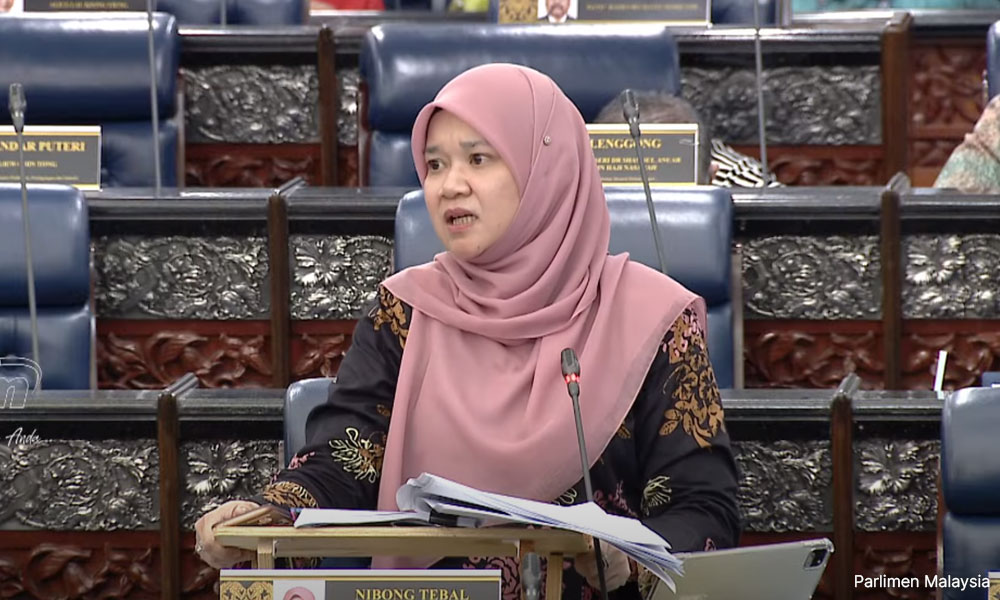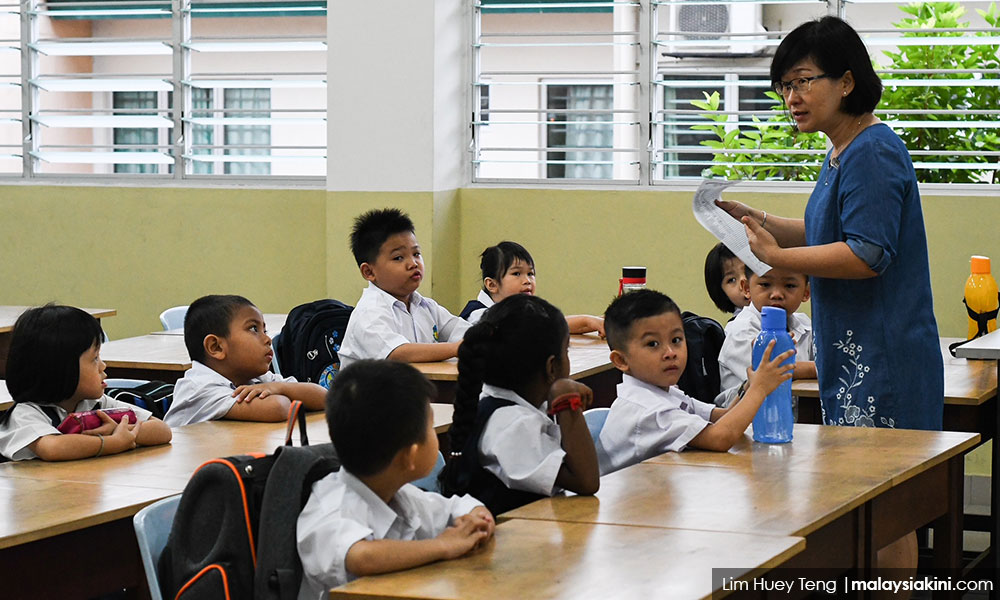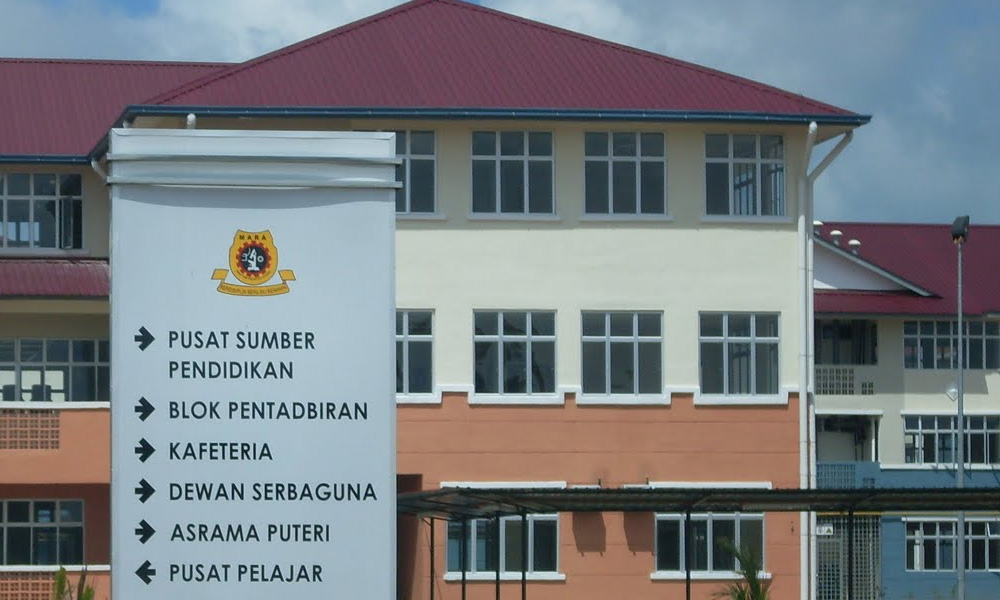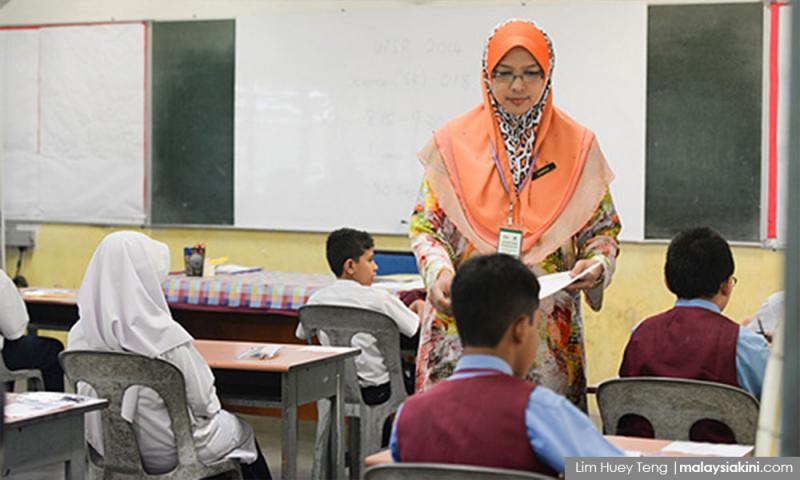LETTER | Implement DLP in all schools
LETTER | Education should not be politicised, as this will be a slippery road to our education system.
It was recently reported that the education minister claimed that her “field visits found that some students in schools that implement the Dual Language Programme (DLP) are not mastering basic Malay or their mother tongues”.
Blame not the DLP in schools for this impediment. Neither should the minister blame students or schools.
Parents play a big role in what their children speak at home. If a young child cannot speak their mother tongue, it’s their parents' fault, not the schools’ or DLP. Mother tongue is best learnt at home with parents communicating with their children in the language.
There can be some reasons why these children are not even able to speak basic Malay or their mother tongue when they enter school.
When Malay is not the parents’ mother tongue, their children may not speak Malay at home, as some parents insist that they speak the mother tongue.

Among the English-educated parents, they speak or encourage their children to speak English at home and their children grow up not being able to speak their mother tongue.
Entertainment programmes through electronic media come in various languages but generally, children to non-Malay parents would watch those in their mother tongue or English.
Parents prefer to send their children to childcare centres, kindergarten or preschool education classes that use their mother tongue or English. Rarely do we observe Chinese or Indian parents send their children to centres that use Malay as the language for communication.
Plus, Malaysian children largely do not socialise with those from other ethnic groups. The tendency is for them to socialise more with those of the same ethnic groups.
As for the non-Malay children, they either communicate with each other in their mother tongue or in some cases, English if their parents speak English at home.
Acquisition of the Malay language
Many of the non-Malay children would usually only come to learn Malay when they enter primary school and the acquisition of the language will be more efficacious if they choose the national schools.
But again, there are many types of primary schools in the country - national, national type, religious, private and international schools. Each cater to children of different ethnic groups and social backgrounds.
Chinese and Tamil schools focus on their respective mother tongues, while private or international schools on English.
The only schools that focus on the Malay language are the national schools. Non-Malay children attending national schools are generally able to speak Malay and many have grown up speaking fluently in the language. And this is the right platform if the country wants to see children of all races pick up Malay - the country’s national language.
Unfortunately, until today the national schools have not become the schools of choice for all Malaysians. This is what the Education Ministry has to look into instead of blaming the vernacular schools or the DLP for students not being able to speak even basic Malay in some schools.

Revamp the curriculum structures in national schools by making them more appealing to all students irrespective of their ethnic background. Make national schools multi-racial in all areas - from the administrators, and teaching staff to student enrolment.
Only respite left for parents
The government has to seriously consider how to bring all the races to study under a single roof - the national schools. For now, look for the many reasons why national schools are not appealing to some parents.
One common complaint by some non-Malay parents is that national schools are more becoming too “religious” in ambience and they do not want their children to feel out of place when studying in these schools.
Why not take a cue from the Singapore education system? The nation opted for English as the medium of instruction where English was used to teach across the board.
Mother tongues are taught in their national schools and this has attracted Singaporeans and even Malaysian parents to send their children to the country’s national schools and not the local vernacular schools.
But in the Malaysian context, making English the medium of instruction for national schools may not be accepted by some Malay nationalists and politicians and this is the drawback.

However, the irony is that there are government-assisted residential schools that use English as the medium of instruction. This double standard in the education system makes parents whose children are not able to enter these residential schools feel embittered.
The only respite left for these parents would be when the DLP is being offered in the non-residential national schools. This will entice Chinese, Indian and even Malay parents to send their children to these schools.
They will start their education from young, where science, technology, engineering, and mathematics (STEM) subjects are taught in English and all other subjects in Malay.
This will also expose non-Malay students to associate with Malay students at an early age and in the process, pick up Malay formally and informally.
DLP is not made compulsory
Plus, DLP is not made compulsory for all students. There is always an option for students to choose either to learn STEM subjects in English or Malay. As for the acquisition of the national language, students will still be learning non-STEM subjects in Malay.
So, stop blaming the DLP for the lack of Malay competency and mother tongue acquisition among students. This programme should stay and be implemented in all national schools in the country, as this will bring many benefits to students who plan to further their education where English is widely used in the disciplines of science and technology.
English in the DLP context is used for functional or specific purposes to help students grasp the subjects in their long journey in education.
For this reason, most parents would want their children to be adept early in STEM subjects so that they can later be competitive in the real world on the international stage.
Whatever blueprints the Education Ministry is coming up in 2024, there should not be any pushback as far as the DLP is concerned. The ministry should give parents their desire to have the best for their children.
The views expressed here are those of the author/contributor and do not necessarily represent the views of Malaysiakini.
RM12.50 / month
- Unlimited access to award-winning journalism
- Comment and share your opinions on all our articles
- Gift interesting stories to your friends
- Tax deductable
